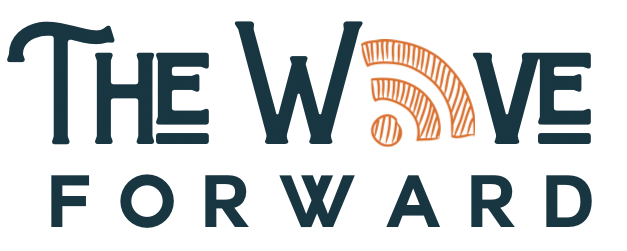
Scientific Literacy: Why you need it
The Power of Perception: Scientific Literacy and Discerning Fact from Fiction
Scientific literacy – the ability to understand, analyze, and interpret scientific information – has never been more crucial than in today’s information-saturated society. Equipped with scientific literacy, individuals are empowered to sift fact from fiction, enabling informed decisions that affect personal, societal, and environmental health.
However, developing scientific literacy is more than simply understanding scientific facts. It requires a fundamental understanding of the scientific process and an ability to critically evaluate information. Here are a few guiding principles to hone scientific literacy and discern fact from fiction.
- Firstly, understand the scientific method. The scientific method is a rigorous process designed to test hypotheses, gather data, analyze results, and draw conclusions. Understanding this process provides insight into how scientific knowledge is generated and why it is reliable.
- Secondly, look for peer-reviewed research. Peer review is a process by which other scientists evaluate a study for accuracy and validity. Studies that have undergone peer review are generally more reliable than those that have not.
- Thirdly, consider the source. Reliable scientific information typically comes from reputable scientific organizations, academic institutions, or respected scientists. Look for sources with expertise in the field and a history of accurate information.
- Fourthly, be wary of oversimplification. Science is complex, and while simplifying information makes it more digestible, it can also distort the truth. Always refer back to the original source when possible.
- Lastly, think critically and ask questions. Question the validity of the research, scrutinize the methodology, consider potential biases, and evaluate the conclusions drawn. Critical thinking is an essential skill in discerning fact from fiction.
In conclusion, scientific literacy is a powerful tool for navigating the complex web of information that surrounds us. It empowers us to discern fact from fiction, make informed decisions, and participate more fully in societal dialogue about scientific issues. As we continue to live in an era where data and information are readily accessible, the importance of scientific literacy cannot be overstated.




